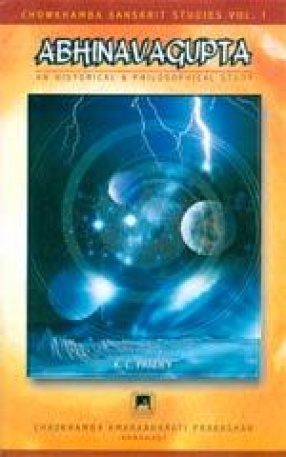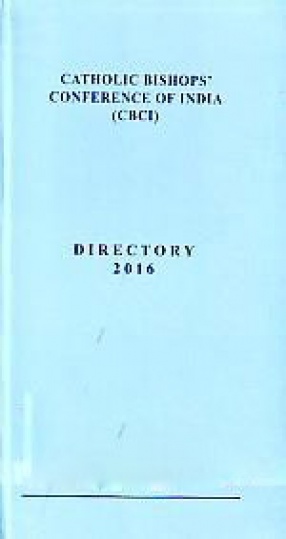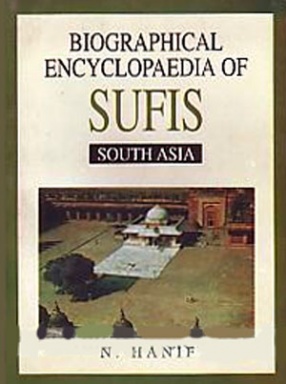The opportunity to bring out the Second Edition has been utilized for adding an offset picture of Abhinavagupta and four new Chapters, besides giving a more complete account of his life, works and historical background of his thought. The sixth Chapter in the philosophical part presents the Krama system in a proper historical perspective and gives an account of the literature on and of the exponents of it. It is a monistic system. Like the dualistic-cum-monistic Saiva system, propounded by Lakulisa and known as Lakulisa Pasupata, it has a pentadic tendency: it thinks in terms of groups of five concepts or postulates. Accordingly the basic pentad, which represents the five forms in which the Absolute manifests itself, consists of the five, Vyomavamesvari etc., and the aspects of speech, which are recognised to he three by Bhartrhari in his Vakyapadiyam, four by Somananda in his Siva Drsti, are admitted to be five, adding Suksma to the generally recognised four, Para, Pasyanti, Madhyama and vaikhari. It is a Sakta system, not only in its ritualistic aspect, in which it enjoins the use of wine, woman and meat, but also in its philosophical aspect inasmuch as it recognises the Ultimate Metaphysical Principle to be Kali and advocates the following of the Saktopaya for the realisation o the Reality. It asserts that the ethical value of an action is entirely determined by the motive. Hence the use of the prohibited, such as wine etc., in the ritual does not mean moral turpitude, because the motive in it is not the satisfaction of the senses, but the realisation of the Real. The last Chapter deals with the Kula system. It traces the history of the system from the 5th century A. D., when it was propagated by Macchanda alias Mina, to the 18th century A. D. when Bhaskara Raya wrote his commentary on the Nityasodasikarnava in Kasi (Varanasi). It gives an account of the vast literature on it in an historical order, though most of it is known from Abhinava’s references only. The Kaulism is a difficult system of philosophy. It has been recognised as such by Abhinavagupta himself. Its chief contribution is the conception of "Anuttara", a word, which has been interpreted in twenty-two different ways to bring out the full philosophical significance of it. It synthesizes the Saivaism and the Saktism and holds the Ultimate Reality to be the unity of Anuttara and Anuttara, in which the plurality is as absent s in the first letter of the Devanagari alphabetical system "a" in such instances as "Simanta" in which the following "a" at the beginning of "Anta" becomes one with the preceding, at the end of the word "Sima", according to Panini’s aphorism "Atogune".
Directory 2016
$13.50
$15.00





There are no reviews yet.